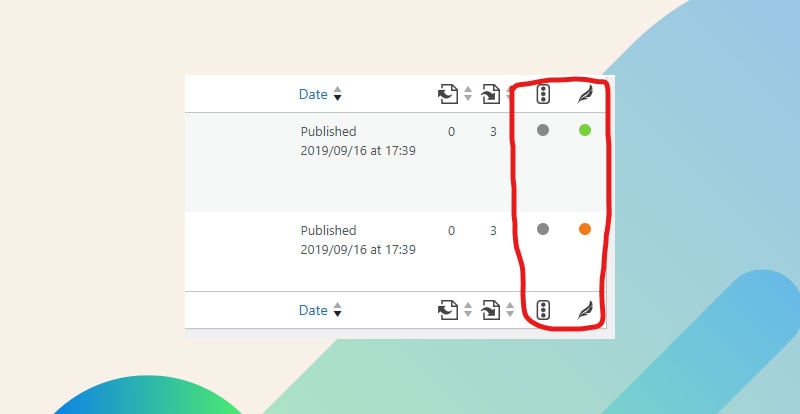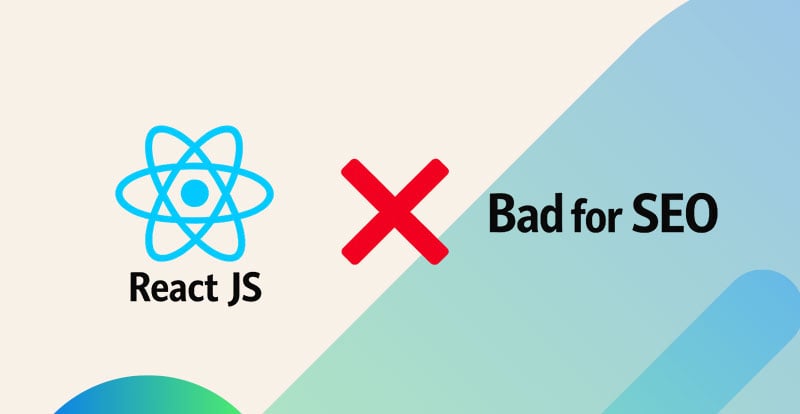Lots of people ask: “Do AI-written blogs get penalized by Google?” The short answer is no. Google has made it clear that they don’t automatically demote content just because it was generated by AI. What matters is usefulness, quality, and how much value it adds.
Google’s Search Central guidance says that AI (or any automation) used solely to manipulate search rankings breaks their spam rules. But at the same time, they explicitly note that not all AI content is spam. If it’s helpful to people, if it shows expertise, experience, authority, and trustworthiness (what Google calls E-E-A-T), then it can do just fine.
Also, several studies and SEO experts have found that AI-assisted content can rank well. It’s common for top-ranking pages to include some AI content - but the high‐quality ones are almost always edited or enhanced by humans.
Why Some AI Content Doesn’t Rank Well
Even though Google doesn’t penalize AI content across the board, there are ways it fails to rank. Here are common pitfalls:
-
It’s generic. If your AI content repeats what’s already out there without adding something new, it won’t stand out.
-
It lacks real expertise or real examples. Without showing you know the topic well, it’s just more noise.
-
It doesn’t match what users are actually searching for (search intent). If people want specific answers and you give them vague overviews, they’ll bounce.
-
The writing feels mechanical or unnatural. The tone, flow, or emotional connection is missing.
-
It ignores SEO basics: keywords, headings, meta info, internal links, etc.
What Google Really Cares About
Here are the things Google rewards or expects, regardless of who (or what) writes the content:
-
Content that solves people’s problems. If it answers questions people are typing into Google, clearly and directly, that’s a win.
-
Originality and added value. Insight, unique data, examples, stories, fresh perspective.
-
Good user experience: easy to read, well‐structured, mobile-friendly, quick loading.
-
Not just checking off SEO clichés, keywords, meta tags, headings, but doing them well and naturally.
Methods to Make AI Content Rank
Here are tips and methods you can use to increase the chance your AI-assisted content ranks well. Need SEO help? We can do it for you.
-
Use AI as a draft, then add your voice
Start with AI to generate a solid first draft. Then go through it yourself or with another human and add stories, personal insights, real examples. Human editing is what often turns “just fine” into “really helpful.” -
Ask AI questions that force expert-level info
Instead of telling AI “write a blog post about topic X,” ask it: “What are the most common mistakes experts make about X?” or “What new research has come out in the last year about X?” Use those answers. That adds authority (one of Google’s E-E-A-T pillars) because you’re bringing in expert info and up-to-date insight. -
Have AI ask YOU questions that force expert-level info
If you're an expert, give it expert info to include. You can have it ask you questions only an expert would know to be included in everything it writes. More on this with a prompt provided here -
Research search intent carefully
Understand what keywords people use and what problems they want solved. Use tools to see what already ranks for those queries. Match structure and emphasis to what people expect. If people want a how-to, give them step-by-step. If they want comparison, show pros/cons, etc. -
Structure for readability
Use short paragraphs, headings, bullet points. Make it skimmable. Use images, tables, charts or examples when helpful. Make sure your content looks good on mobile. -
Optimize the technical stuff
Make sure titles, meta descriptions, alt text for images, internal linking are all set up. Use schema markup where appropriate if it helps. Make sure page speed is okay. -
Refresh and update content
If information changes (new data, new tools, new best practices), update your articles so they stay relevant. Google likes content that stays current. -
Test and measure
Use analytics tools to see which AI-assisted posts are doing well (traffic, dwell time, bounce rate) and which are underperforming. Learn from both. Maybe you need to rewrite parts, add better visuals, adjust the headings.
What to Watch Out For
-
Don’t mass-produce AI posts purely to fill quotas. That tends to produce low value and gets you nowhere.
-
Avoid copying or overusing publicly available info without adding your take.
-
Be especially careful with topics that require high accuracy (medical, legal, finance). Expert review is crucial.
-
Don’t trust AI detectors as proof you’ll rank or be safe. Sometimes they’re wrong, sometimes they misjudge content that’s perfectly fine.
Verdict
AI content can rank on Google. It’s not penalized simply because it’s AI-written. What does matter is how useful, original, trustworthy, and well-optimized the content is. If you use AI like a tool - draft, get ideas, speed things up - but keep humans in the loop to polish, add expertise, and align with what real people are searching for - you’ve got a solid chance of doing well.




